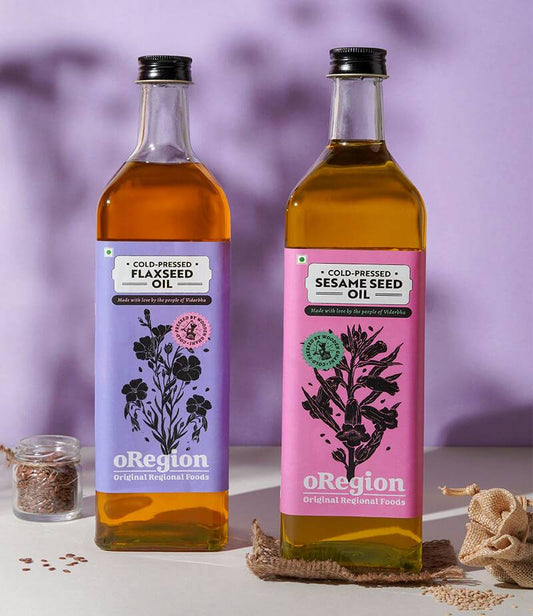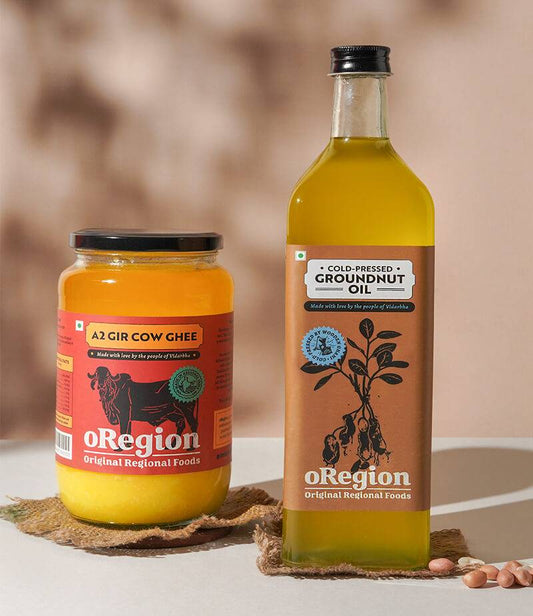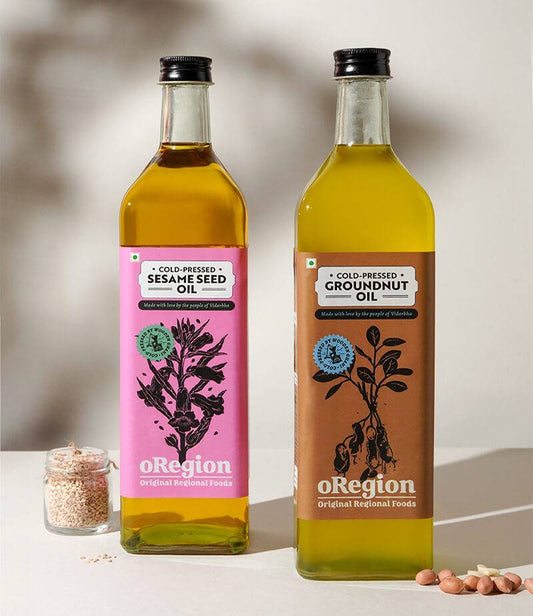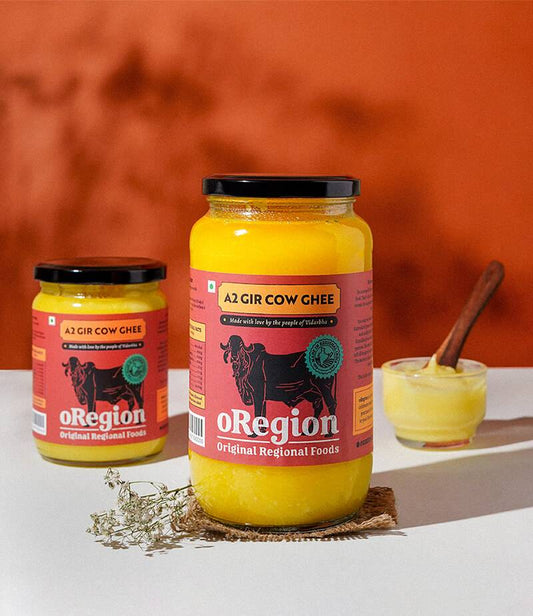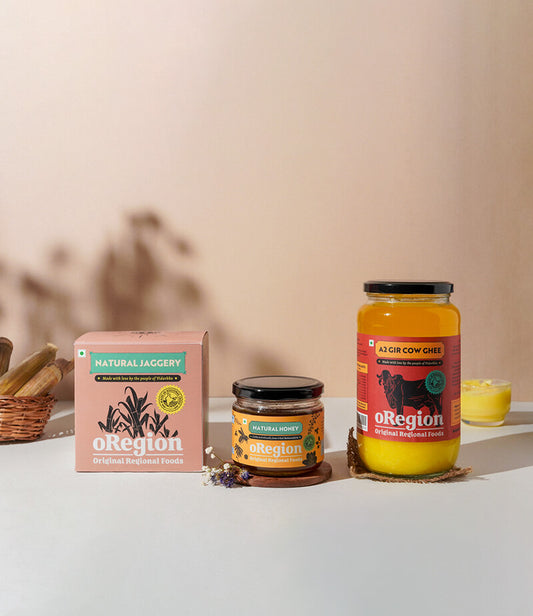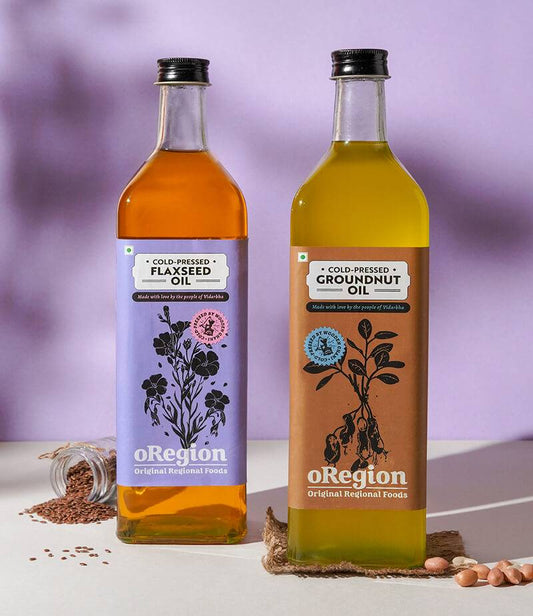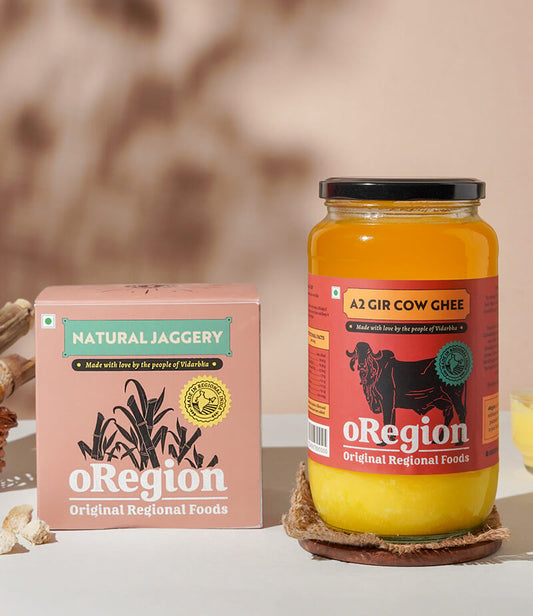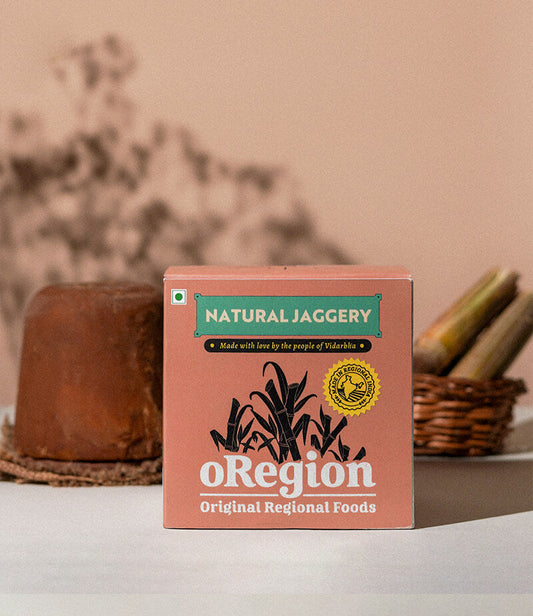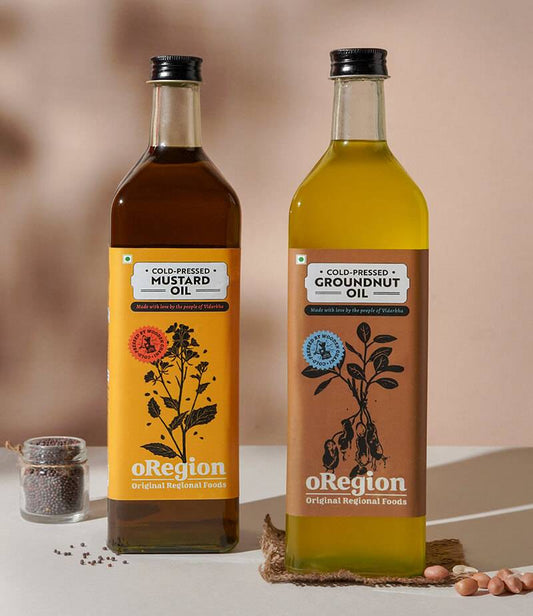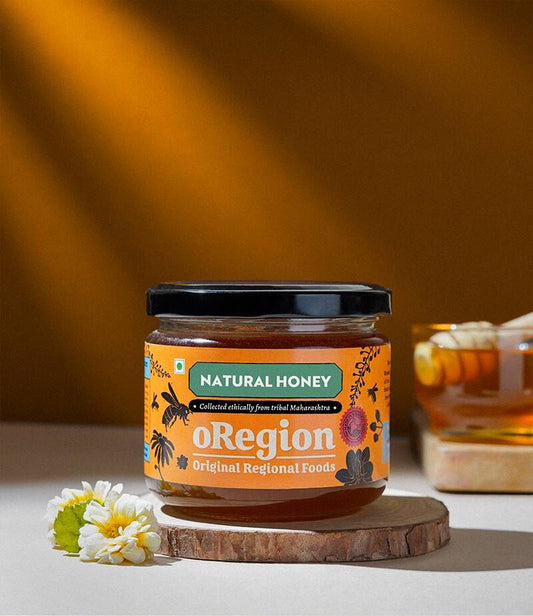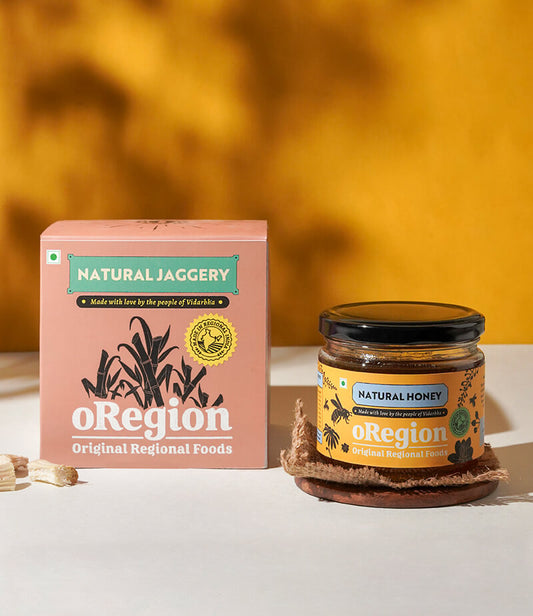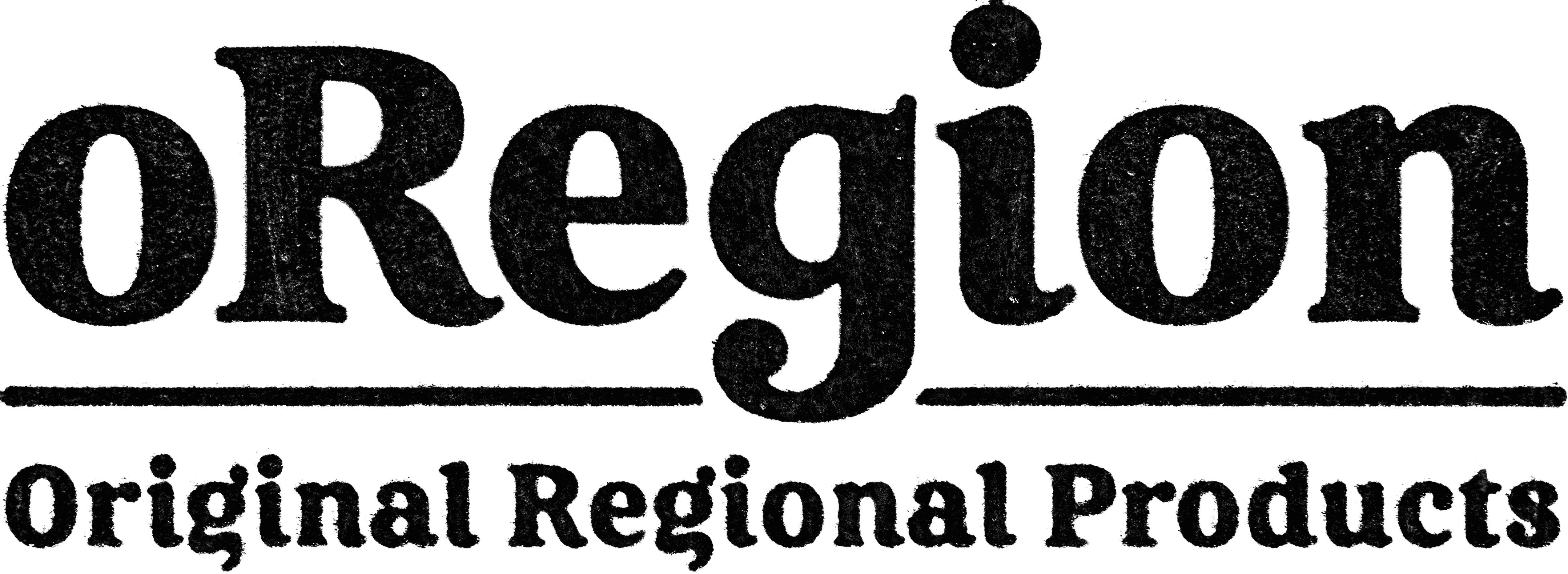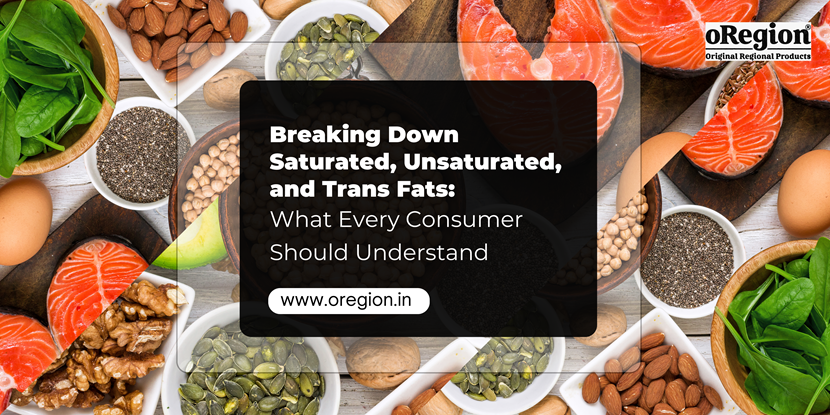
Breaking Down Saturated, Unsaturated, and Trans Fats: What Every Consumer Should Understand
By oregion foodsWhen it comes to making informed food choices, understanding the different types of fats in your diet is crucial. Fat plays a vital role in maintaining your overall health, yet not all fats are created equal. While some fats support heart health and overall well-being, others can increase the risk of chronic diseases. In this article, we’ll explore saturated fats, unsaturated fats, and trans fats to help you make the best choices for you and your family.
Saturated Fats: The Ones to Watch, But Not Always Bad
Saturated fats are usually solid at room temperature and are found mainly in animal-based products like butter, ghee, cheese, and fatty meats. They can also be found in plant-based oils such as coconut and palm oil. While saturated fats are important for some bodily functions, excessive consumption can increase LDL (bad) cholesterol levels, raising the risk of heart disease and stroke.
However, not all saturated fats are harmful. Ghee, especially A2 Gir Cow Ghee made using the traditional Bilona method, contains a special type of saturated fats that are easier to digest. These include short-chain fatty acids (SCFAs) and medium-chain fatty acids (MCFAs), which are metabolized more efficiently by the body compared to long-chain fatty acids. These fats help improve gut health, boost immunity, and are less likely to be stored as fat in the body. For instance, oRegion Gir Cow Ghee, which is pure and unadulterated, is a rich source of essential fat-soluble vitamins like A, D, E, and K and can be consumed in moderation for its health benefits.
The American Heart Association recommends that saturated fat should make up no more than 5% to 6% of your daily calories, which is about 13 grams for a 2,000-calorie diet. Understanding that ghee contains both short and long-chain fats can help clear the misconception that all saturated fats are harmful.
Sources of Saturated Fat:
Though A2 Gir Cow Ghee—made using the traditional Bilona method—is a source of saturated fat, it is rich in essential fat-soluble vitamins such as A, D, E, and K, and can be beneficial when consumed in moderation. For example, oRegion Ghee, which is pure and unadulterated, can aid digestion, boost immunity, and serve as a source of nourishment, especially for pregnant women.
Unsaturated Fats: The Heart Helpers
Unsaturated fats, on the other hand, are known as the "good fats" and should make up the bulk of the fats in your diet. These fats are typically liquid at room temperature and come in two types: monounsaturated fats (MUFA) and polyunsaturated fats (PUFA).
Monounsaturated Fats (MUFA)
Monounsaturated fats are mostly found in plant-based oils and foods such as peanuts, sesame, pumpkin seeds and nuts. These fats are beneficial for heart health as they help lower LDL cholesterol levels while maintaining HDL cholesterol (the good kind).
Some great sources of MUFA include:
-
Cold Pressed Groundnut Oil (oRegion Groundnut Oil), rich in oleic acid and antioxidants, making it a heart-healthy option for cooking.
-
Cold Pressed Mustard Oil, which is high in MUFA, providing anti-inflammatory benefits and promoting cardiovascular health.
Monounsaturated fats can make up to 20% of your daily calories, which translates to about 44 grams for a 2,000-calorie diet. Choosing oils like Chekku Oil or Best Cold Pressed Groundnut Oil for cooking is a smart way to include more MUFA in your diet.
Polyunsaturated Fats (PUFA)
Polyunsaturated fats include omega-3 and omega-6 fatty acids, which are essential for the body but cannot be made internally, meaning we must obtain them from food. Omega-3 fatty acids, in particular, are vital for brain function, reducing inflammation, and maintaining heart health. Foods rich in omega-3 include fish, flaxseed oil, and chia seeds.
Some of the best sources of PUFA include:
-
Cold Pressed Flaxseed Oil (oRegion Flaxseed Oil), known for its high omega-3 content, which helps lower bad cholesterol and reduce inflammation.
- Cold Pressed Sesame Oil, rich in omega-6 and omega-3 fatty acids, supporting heart health and acting as a powerful antioxidant.
PUFAs can lower the risk of heart disease and help in regulating cholesterol levels. For the best results, aim to balance your intake of omega-6 and omega-3 fats. Most people consume enough omega-6 from oils such as sunflower and soybean oil, but omega-3s are often lacking in the average diet. Including Flax Oil or Omega 3 Vegan Flaxseed Oil in your meals can help you meet your daily omega-3 needs.
Trans Fats: The Ones to Avoid
Trans fats are the least healthy type of fat. They are artificially created through a process called hydrogenation, which turns liquid oils into solid fats. Trans fats are found in many processed foods, baked goods, and fried foods.
Consuming trans fats can raise LDL cholesterol while simultaneously lowering HDL cholesterol, increasing the risk of heart disease, stroke, and type 2 diabetes. In fact, trans fats are so harmful that many countries have banned their use in food production. Always check labels for partially hydrogenated oils, the primary source of trans fats, and avoid them whenever possible.
Choosing the Right Fats for Cooking
Cooking oils are a major source of fats in our diets. Choosing the right oil can make a significant difference in the nutritional quality of your meals. Oils like Wood Pressed Groundnut Oil or Cold Pressed Mustard Oil offer health benefits that other refined oils simply can't match.
Cold Pressed Groundnut Oil, for example, retains the nutrients of the groundnuts since it is made without high heat or chemicals. This oil is rich in vitamin E, antioxidants, and healthy fats, making it ideal for heart health and lowering bad cholesterol levels. It is also a great source of omega-6 fatty acids, which promote healthy cell function.
Similarly, Cold Pressed Mustard Oil contains a higher level of MUFA and PUFA compared to many other oils, making it a powerful anti-inflammatory agent and heart health booster. Its natural antimicrobial and antifungal properties also make it unique. This oil is versatile, great for cooking, and even serves as a natural sunscreen!
Ghee: A Traditional Fat with Modern Benefits
Ghee, especially A2 Gir Cow Ghee, is an ancient fat that has been used in Indian cooking and Ayurvedic medicine for centuries. Made using the traditional Bilona method, this ghee offers a wealth of health benefits, including aiding digestion, supporting immunity, and nourishing both body and mind.
While ghee is a source of saturated fat, its health benefits far outweigh those of many other saturated fats, especially when consumed in moderation. oRegion Gir Cow Ghee is rich in essential fatty acids and fat-soluble vitamins, making it an ideal fat for everyday cooking, particularly for those following a holistic and nutritious diet.
Conclusion: The Balance of Fats
When it comes to fats, balance is key. Understanding the differences between saturated fats, unsaturated fats, and trans fats will help you make healthier choices for you and your family.
For optimal health, limit your intake of saturated fats and avoid trans fats altogether. Instead, focus on incorporating heart-healthy unsaturated fats—both MUFAs and PUFAs—into your meals. Choose oils such as oRegion Groundnut Oil, Cold Pressed Flaxseed Oil, and Cold Pressed Mustard Oil to ensure you're getting the most out of the fats in your diet. And don't forget that traditional fats like A2 Gir Cow Ghee can also have a place in a balanced, health-conscious lifestyle.
By making informed choices about the types of fats you consume, you can improve your health, support heart function, and enjoy a well-balanced diet.
